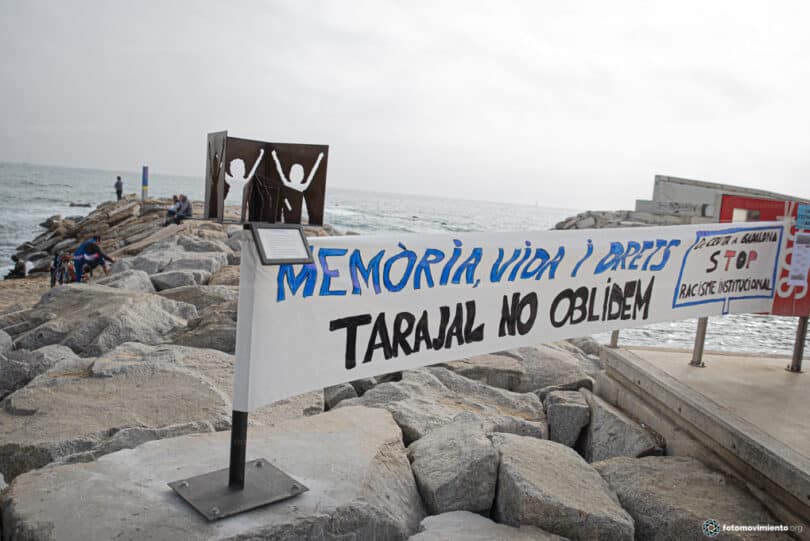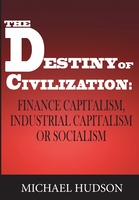by LEANDRO MELITO & LEONARDO FERNANDES

Brazilian president, Luiz Inácio Lula da Silva, escalated the tone again in opposition to the Israeli military massacre in Gaza Strip in the last weeks. During a meeting with the French president, Emmanuel Macron, in Paris, Lula classified the offensive from Israel as a “planned genocide by an extreme right wing governant”.
“What is happening in Gaza is not a war, what’s happening there is a genocide carried out by a highly trained Army against women and children”, he said to journalists. Lula also supported that the international community should say “enough” to the military campaign in Gaza and pointed out that “it is sad to know that the world keeps silent facing a genocide”.
The Itamaraty Palace, the Brazilian Ministry of Foreign Affairs, had already expressed an opinion about the deaths of Palestinians seeking humanitarian aid who were shot by Israeli troops. “The use of hunger as a weapon of war and violence against civilians searching for food are absolutely unacceptable,” the ministry said in its statement.
According to Itamaraty, Brazil supports independent investigations into the circumstances of recent attacks that occurred at humanitarian aid centers run by the Gaza Humanitarian Foundation (GHF).
Despite the strong rhetoric and accusation of genocide, civil society organizations and pro-Palestinian movements are putting pressure for concrete actions against the Israeli government. Earlier this month, a letter with more than 12,000 signatures was handed directly to Lula during his official visit to Paris, demanding that the federal government adopt tangible measures against Israel.
The Palestinian genocide, that takes place in the Gaza Strip since October 7, 2023, has already resulted in nearly 55,000 deaths, most of them women and children. In addition to bomb attacks, the entire population of over 2 million people in the territory face a severe risk of undernutrition, as Israel blocks food aid. Dozens of deaths from starvation have already been registered, mainly among young children and the elderly.
Brazilian civil society calls for effective actions, such as the immediate severance of diplomatic and trade relations with Israel. The document, organized by the BDS Brazil movement (Boycott, Divestment, and Sanctions), demands the end of the Brazilian-Israeli free trade agreement, suspension of military cooperation, an energy embargo, among other sanctions.
The open letter has the support of prominent figures in Brazilian culture, law, and politics. Signatories include artists such as Chico Buarque, Ney Matogrosso, Letícia Sabatella, Milton Hatoum, and Gregório Duvivier; magistrates Carol Proner and Paulo Sérgio Pinheiro; former minister Guilherme Estrella; and the philosopher Vladimir Safatle. Politicians from the Workers’ Party (PT) and Socialism and Liberty Party (PSOL), such as Guilherme Boulos, Erika Hilton, Sâmia Bomfim, Luiza Erundina, and João Daniel, also signed the letter.
Brazzil for more










